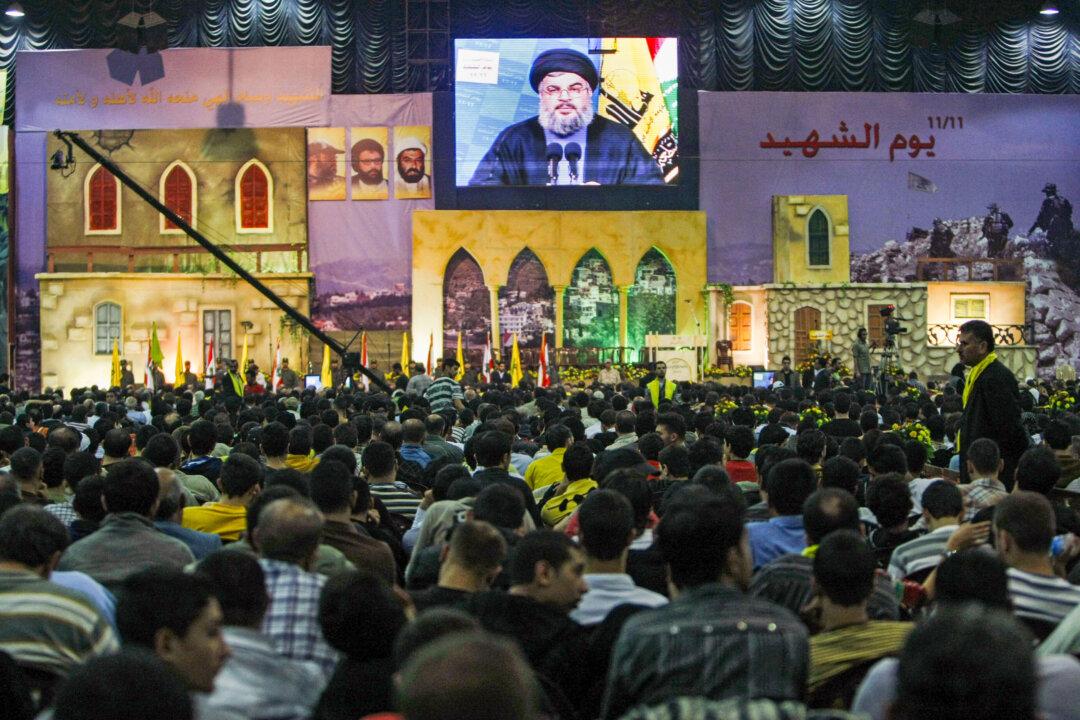U.S. lawmakers and officials responded on Sept. 28 to the death of Hassan Nasrallah, longtime leader of the Hezbollah terrorist organization, in a targeted Israeli attack in a Beirut suburb.
Many in Washington hailed Nasrallah’s death as a significant victory against terrorism, while concerns over potential escalations in the Middle East simmered beneath the surface.





